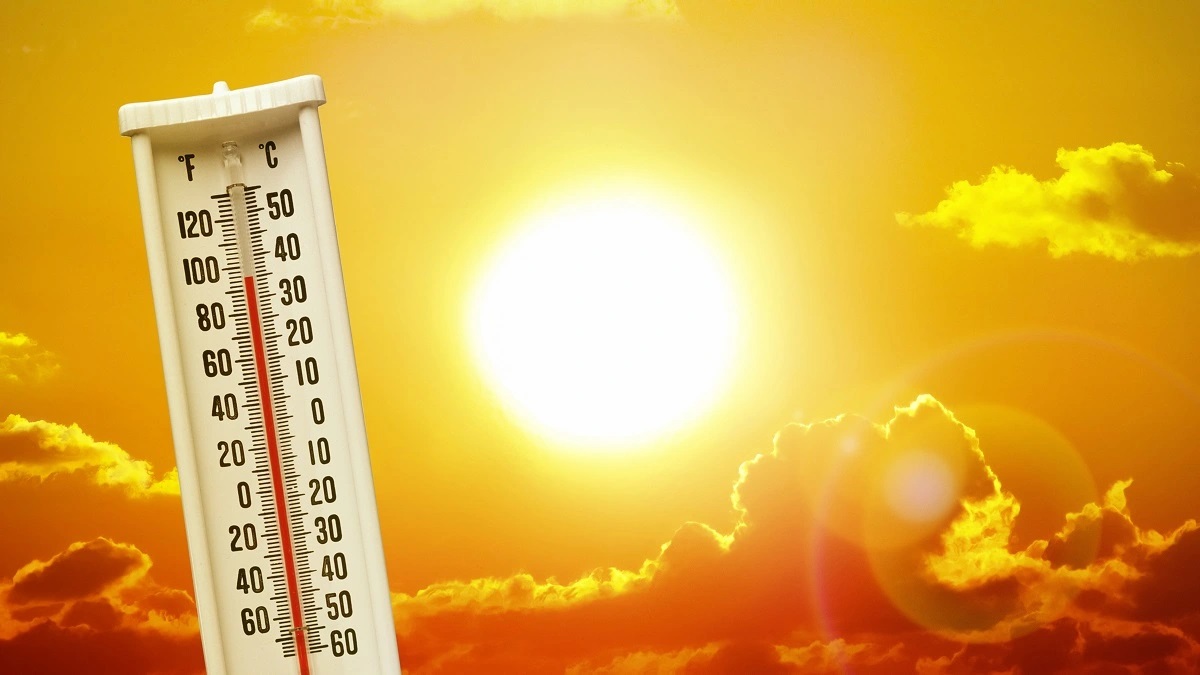People who are homeless face a huge risk of exposure to coronavirus and many worry that camps could become a hub from which the virus spreads more rapidly.
The latest numbers show there will be about 1,000 people living on the streets Thursday night across Miami-Dade County — many of them in downtown Miami — and another 2,500 will have stayed at county shelters. Due to their circumstances, experts say, their chances of being infected with COVID-19 is higher.
In Miami Dade County, 14 handwashing stations have been set up on the streets. Workers are also giving out hand sanitizer at facilities and information sheets in three languages.
Ron Book is the chairman of the Miami-Dade Homeless Trust, the agency that coordinates efforts to help the homeless.
“We wanted to get a jump on things," Book said. "We weren’t sure things were going to progress as long as they have, but we had deep concerns.”
Book says they are telling those with no place to call home exactly what you have been hearing: keep your distance and wash your hands.
“We wanted to make sure we were putting things in their hands. And for almost three solid weeks, we have been that out on the streets. We’ve been checking people’s temperature. We’ve been checking their conditions," Book said.
Local
At shelters like the Camillus House, not far from Jackson Memorial Hosptial, volunteers have been told to say at home, and the meals that are a lifeline for the homeless are now being served to-go. The shelters are also getting a thorough cleaning multiple times each day.
When it comes to aiding the homeless, Book says to leave it to the professionals.
“We would urge the public do not, do not put spare change in homeless panhandlers' buckets, cups and hats right now. You endanger yourself you are not staying the proper social distancing,” he said.
Agencies in Broward that help the homeless are also taking action. Those helping the homeless say another problem when it comes to COVID-19 is that if someone in the homeless population is infected, they don’t have any place to self-quarantine, and the time they are inside, its in a close environment with others.



